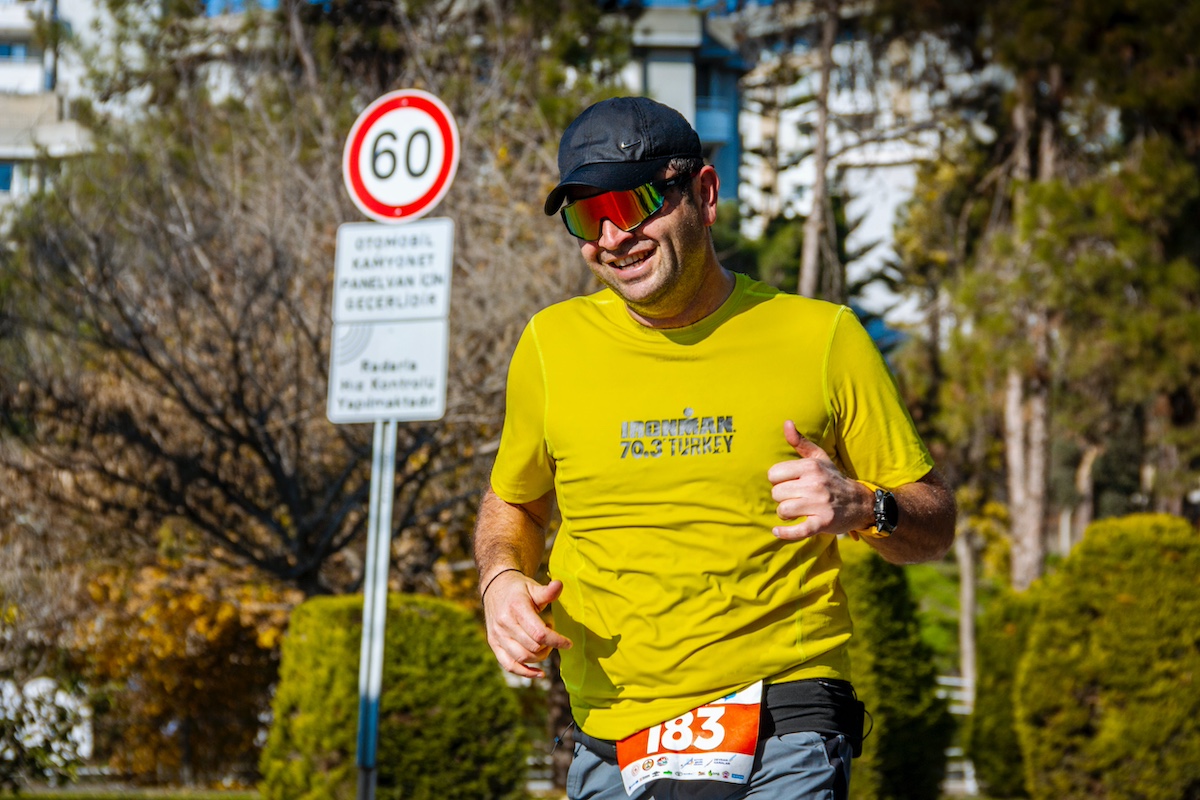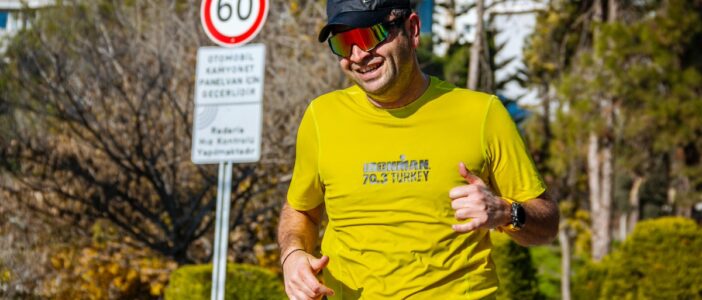Triathlons are the ultimate test of endurance and athleticism, combining swimming, cycling, and running into one gruelling event. Crossing the finish line of a triathlon is an incredible accomplishment, but it’s only the beginning of your journey. Proper triathlon recovery is key to not only feeling your best but also preventing injuries and maintaining long-term performance. In this comprehensive guide, we will delve into the essential strategies for a thorough and effective recovery process.
The Crucial Role of Recovery
Before we dive into the specific recovery techniques, it’s essential to understand why recovery is so critical after completing a triathlon. Triathlons push your body to its limits, resulting in various forms of fatigue:
- Muscle Fatigue: The extensive use of different muscle groups during swimming, cycling, and running can lead to significant muscle fatigue.
- Dehydration: Hours of intense physical effort lead to sweating, causing dehydration, which can result in cramping, headaches, and dizziness.
- Mental Fatigue: Completing a triathlon requires not only physical endurance but also intense mental focus and determination.
- Inflammation: The high-intensity nature of the sport can cause inflammation in muscles and joints.
- Immune Suppression: Prolonged intense exercise can temporarily weaken your immune system.
Effective recovery techniques can help alleviate these issues and allow you to return to training with renewed vigor and reduced risk of injury.
The Recovery Timeline
Recovery after a triathlon can be categorized into three distinct phases: immediate, short-term, and long-term.
Immediate Recovery (Post-Race)
The immediate recovery phase begins as soon as you cross the finish line. This phase focuses on the critical first steps:
- Hydration: Rehydrate your body with water and electrolyte-rich drinks to replenish lost fluids.
- Nutrition: Consume a balanced meal or snack that includes carbohydrates, protein, and healthy fats to kickstart the recovery process.
- Stretching: Perform gentle stretching exercises to prevent muscle stiffness and promote blood flow.
- Ice Bath: Some athletes find ice baths helpful for reducing inflammation and soreness.
- Massage: A post-race massage can alleviate muscle tension and improve blood circulation.
Short-Term Recovery (1-3 Days)
In the days following the race, concentrate on:
- Rest: Allow your body to recover by getting adequate sleep and rest.
- Nutrition: Continue to eat nutrient-dense meals and snacks to support muscle repair and overall recovery.
- Light Activity: Engage in low-intensity activities like walking or easy cycling to keep blood flowing without straining your muscles.
- Compression Wear: Some athletes use compression garments to reduce muscle soreness and swelling.
Long-Term Recovery (1 Week and Beyond)
Over the next week and beyond, your focus should be on:
- Gradual Return to Training: Ease back into training, starting with low-intensity workouts and gradually increasing intensity to prevent overtraining.
- Regular Sports Massages: Consider regular sports massages to maintain muscle health and flexibility.
- Hydration and Nutrition: Continue to prioritize hydration and a balanced diet rich in nutrients to sustain your recovery.
- Active Recovery: Incorporate active recovery days into your training plan to prevent overuse injuries and promote muscle repair.
Nutrition and Hydration
Proper nutrition and hydration play a pivotal role in effective recovery. Here are some key guidelines:
Post-Race Nutrition
- Carbohydrates: Replenish glycogen stores with carbohydrates like pasta, rice, and whole grains.
- Protein: Support muscle repair with lean protein sources such as chicken, fish, tofu, or legumes.
- Fats: Healthy fats from avocados, nuts, and olive oil can aid in reducing inflammation and supporting recovery.
- Hydration: Continue to drink water and electrolyte-rich fluids to replace lost fluids and maintain proper hydration.
Supplements
Some athletes may find benefits in supplements like branched-chain amino acids (BCAAs) and tart cherry extract, which can aid in muscle recovery and reduce muscle soreness.
Rest and Sleep
Quality rest and sleep are essential components of successful recovery. Aim for 7-9 hours of uninterrupted sleep each night. Consider these tips for improved sleep:
- Create a sleep-friendly environment with a comfortable mattress, minimal light, and reduced noise.
- Establish a regular sleep schedule, going to bed and waking up at the same time each day.
- Practice relaxation techniques like deep breathing or meditation to calm your mind before sleep.
Active Recovery
Active recovery involves engaging in low-intensity exercise or activities that promote blood flow without causing additional stress to your body. Some effective options include:
- Easy Cycling: Embark on a leisurely bike ride to keep your legs moving without exerting too much effort.
- Yoga: Incorporate yoga into your routine to improve flexibility and reduce muscle tension.
- Swimming: Enjoy a relaxed swim to help relieve muscle soreness and promote recovery.
- Walking: Take a gentle walk to stay active without straining your muscles.
Injury Prevention and Management
Injuries can be common in triathlon training and racing. Here’s how to prevent and manage them:
- Listen to Your Body: Pay attention to any signs of discomfort or pain and take them seriously. Seek medical advice if needed.
- Cross-Training: Incorporate cross-training exercises to prevent overuse injuries and promote overall fitness.
- Stretching and Mobility: Regularly perform stretching and mobility exercises to maintain flexibility and reduce the risk of injury.
- Strength Training: Include strength training in your routine to build muscle, improve joint stability, and prevent injuries.
Mental Recovery
Mental recovery is just as crucial as physical recovery. Here’s how to take care of your mental well-being:
- Mindfulness and Meditation: Practice mindfulness techniques to reduce stress and anxiety, enhancing your mental resilience.
- Visualization: Utilize visualization techniques to imagine successful training sessions and races, boosting your confidence.
- Set New Goals: Establish new goals to stay motivated and focused on your triathlon journey.
- Social Support: Connect with fellow triathletes or a support network to share experiences, advice, and encouragement.
Professional Guidance
For those serious about triathlon training and recovery, consider seeking guidance from professionals:
- Coach: A triathlon coach can create a personalized training plan and offer guidance on recovery techniques tailored to your needs.
- Nutritionist: A sports nutritionist can help you optimize your diet for performance and recovery, ensuring you receive the right nutrients.
- Physical Therapist: A physical therapist can assist with injury prevention strategies and rehabilitation if you experience any issues.
Triathlon Recovery
Proper recovery after completing a triathlon is the key to long-term success in the sport. By following the strategies outlined in this comprehensive guide, you can ensure that your body and mind recover effectively, allowing you to continue pursuing your triathlon goals with confidence and vitality.
Now equipped with the knowledge to recover effectively, go out there and conquer your next triathlon!
Additional Resources:
- USA Triathlon – Visit the official website of USA Triathlon, the national governing body for the sport, for more information and resources.
- Triathlete Magazine – Triathlete Magazine offers a wealth of articles, tips, and training advice for triathletes to enhance their performance and recovery.
- IRONMAN Official Site – Explore information about IRONMAN events, training, and resources to support your triathlon journey.
Remember, recovery is a personal journey, and what works best for one athlete may vary for another. Consult with experts and adapt these strategies to suit your individual needs and goals. With effective recovery, you’ll be better prepared for your next triathlon adventure!

